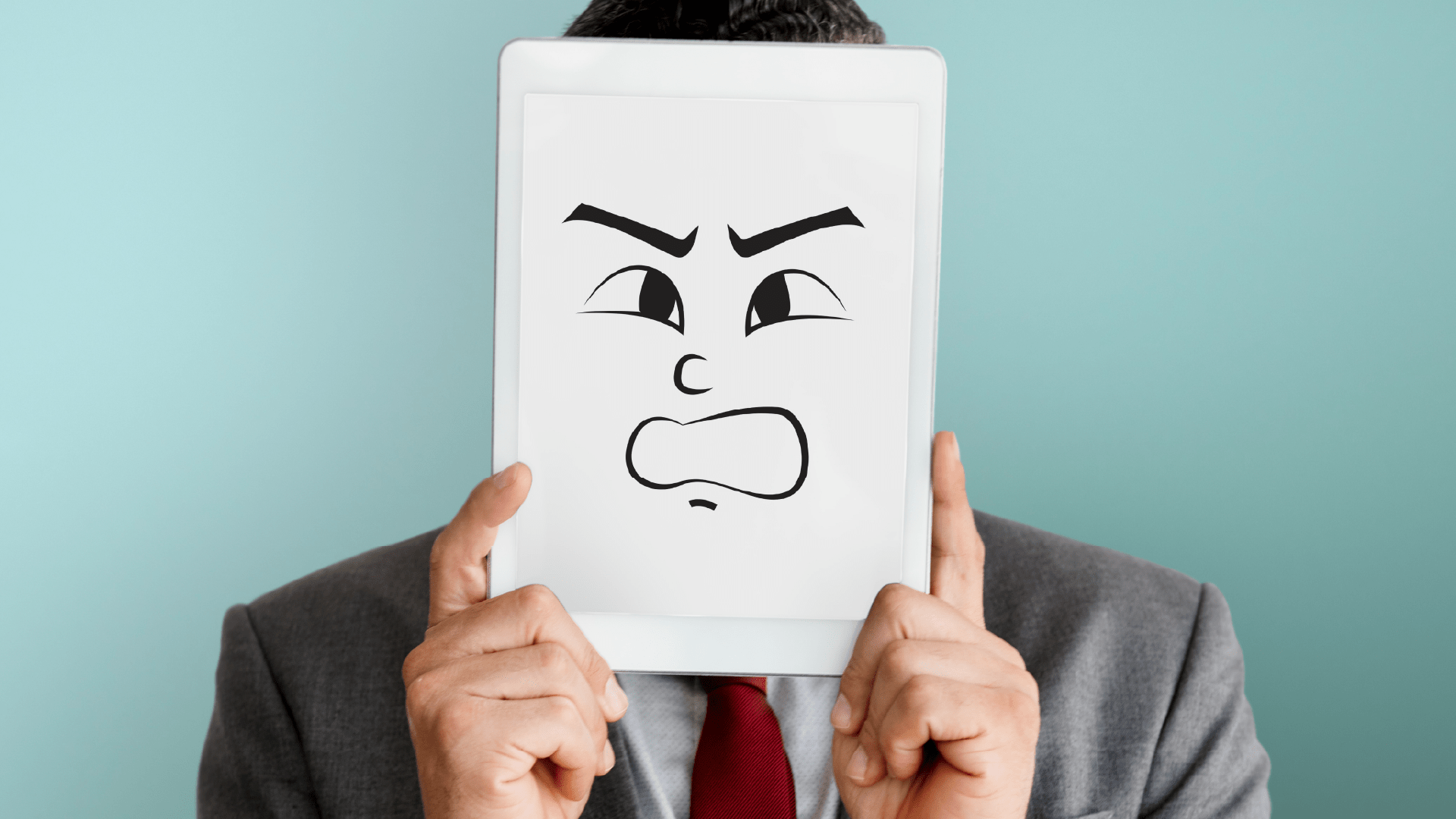Does thinking about SARS CoV-2 and all the negative news on popular media make you fearful and hopeless for the future?
Impact of COVID-19 on Mental Health
The outbreak of COVID-19 pandemic has changed the current global scenario. The new normal has motivated everyone to take care of physical and mental well-being. However, the impact of COVID-19 on mental health has been immense. With the loss of loved ones, physical isolation, and negative news on all types of mass media, it might seem increasingly difficult to carry on with our lives with a positive and healthy approach. According to a UNAIDS study, approximately 70% of the young population reported feeling anxious or very anxious about COVID-19. For many, the uncertainty of the virus and the question ‘when is this going to end?’ is the major cause for COVID-induced anxiety.
Our Wellness Programs
COVID-19 Anxiety Symptoms
The feeling of fear, anxiety, and avoidance of daily activities due to COVID-19 can be associated with COVID anxiety. If you are getting one or more of the following symptoms when thinking, talking, or learning about COVID-19 then you could possibly be experiencing the symptoms of COVID-19 anxiety:
- Having unpleasant thoughts more than usual
- Feeling tensed
- Irritability and restlessness
- Anticipation of the worst
- Consistently watching for signs of danger
Some physical symptoms might include:
- Chest pain or Heartache
- Sweating or Chills
- Nausea
- Numbness
- Dry mouth
The symptoms can vary from mild to severe. If you are facing any of these symptoms for longer than 2 days then consult a verified psychotherapist for treatment. To seek therapy, visit our homepage or download the United We Care app from the Google Play Store or App Store right away.
Looking for services related to this subject? Get in touch with these experts today!!
Experts

Kirti Bajpai

India
Psychologist
Experience: 5 years

Mansi Chawla

India
Psychologist
Experience: 12 years

Sapna Zarwal

India
Psychologist
Experience: 19 years

Davis Emerson

India
Psychologist
Experience: 6 years
COVID-19 Anxiety Reduction Strategies
How can I stay away from COVID-19 anxiety, you ask? Here are 5 simple strategies for reducing COVID-19 anxiety:
Start Your Day Well
It can be tempting to start your day with a fancy gadget or phone telling you how you should have slept better. Instead, try starting your day with a simple mindfulness exercise. One such example could be to notice 3 good things around you as soon as you wake up. This can help you start your day on a positive note.
Follow a Healthy Routine
Plan your day in a way that is healthy for your mind as well as your body. Even a 15-minute exercise routine daily can boost serotonin levels in your body, making you feel better about yourself.
Focus on the Things You Can Control
Stay informed about the global pandemic, but do not overload yourself with unneeded information. Keep taking breaks from negative news on mass media and find ways to lighten up your mood by pursuing your hobbies, watching a comedy show, or playing with your pets. Keep the atmosphere around you positive and fill your mind with positive thoughts. This will keep you motivated and hopeful about the future.
Connect with Others
Keeping yourself socially connected releases feel-good hormones that help reduce anxiety levels and boost productivity. So, no matter how to ensure you stay connected with people through calls or video calls.
Do Breathing Exercise When Feeling Anxious
Breathing exercises are scientifically proven to make you feel calm. They increase performance and concentration and also act as a powerful stress reliever.
These five simple steps will keep COVID anxiety at bay and help you cope better with all the negativity that surrounds the current pandemic situation.


















